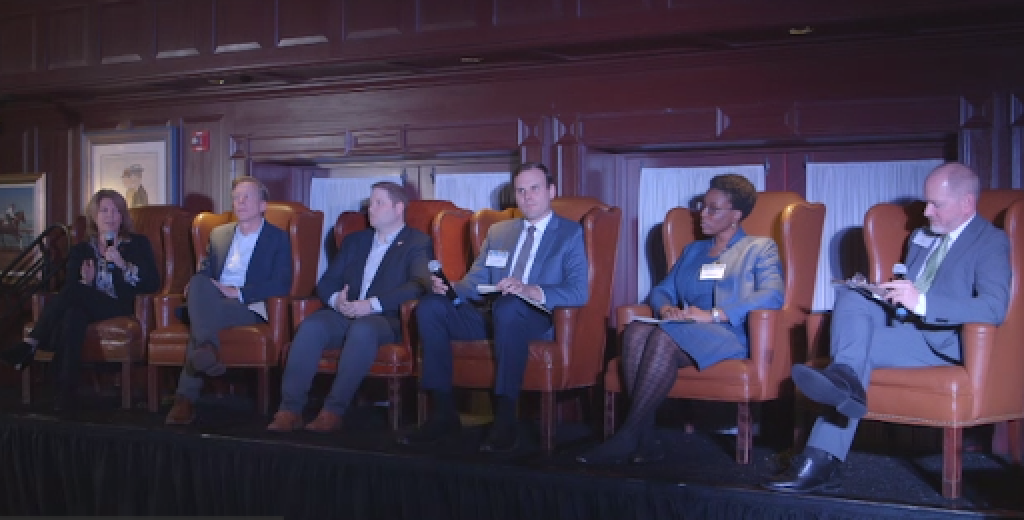NTIA Greenlights Speedtest Data Integration in State BEAD Maps, Experts Say
The pre-challenge modification permits the inclusion of speed test data gathered from phones and devices equipped with GPS chips.

WASHINGTON, March 7, 2024 – States and territories now have the opportunity to revise their broadband availability maps using crowd-sourced speed test data prior to commencing the mapping challenge process within the $42.5-billion Broadband Equity Access and Deployment federal broadband expansion program, said panelists at the Broadband Measurement Summit Thursday.
Panelists said a pre-challenge modification permits the inclusion of speed test data gathered from phones and devices equipped with GPS chips enabling location-specific data.

Speed and latency benchmarks will be established for evaluation against existing broadband maps by identifying the top 25 percent of speed tests boasting the highest speeds within a defined area over the past six months.
The new program guidance was highlighted in a discussion with state broadband officers at the summit, hosted by Broadband Breakfast. Alex Wassiliew, senior commercial executive at Ookla, highlighted speed test company's collaboration with the National Telecommunications and Information Administration.

“Take your time before you get into the challenge process,” Wassiliew advised the state broadband officers present. “You actually have the opportunity to change this map pre-challenge.” He added that numerous states are already embracing this approach.
Sally Doty, director of broadband expansion and accessibility for Mississippi, said that the state is taking its time to initiate the 90-day BEAD challenge process, and does not foresee initiating the challenge process until May. The decision comes in response to public concerns voiced by Mississippians who fear missing out on BEAD funding if their locality is inaccurately represented on the state broadband availability map.
Throughout the BEAD challenge phase, local governments, nonprofits, and internet service providers will be invited to submit challenges regarding broadband availability to states' mapping fabric, to dispute any perceived inaccuracies in the maps.
This process will ultimately determine which locations within the state lack access to high-speed internet, and therefore, are considered "broadband serviceable locations" eligible for BEAD funding.










